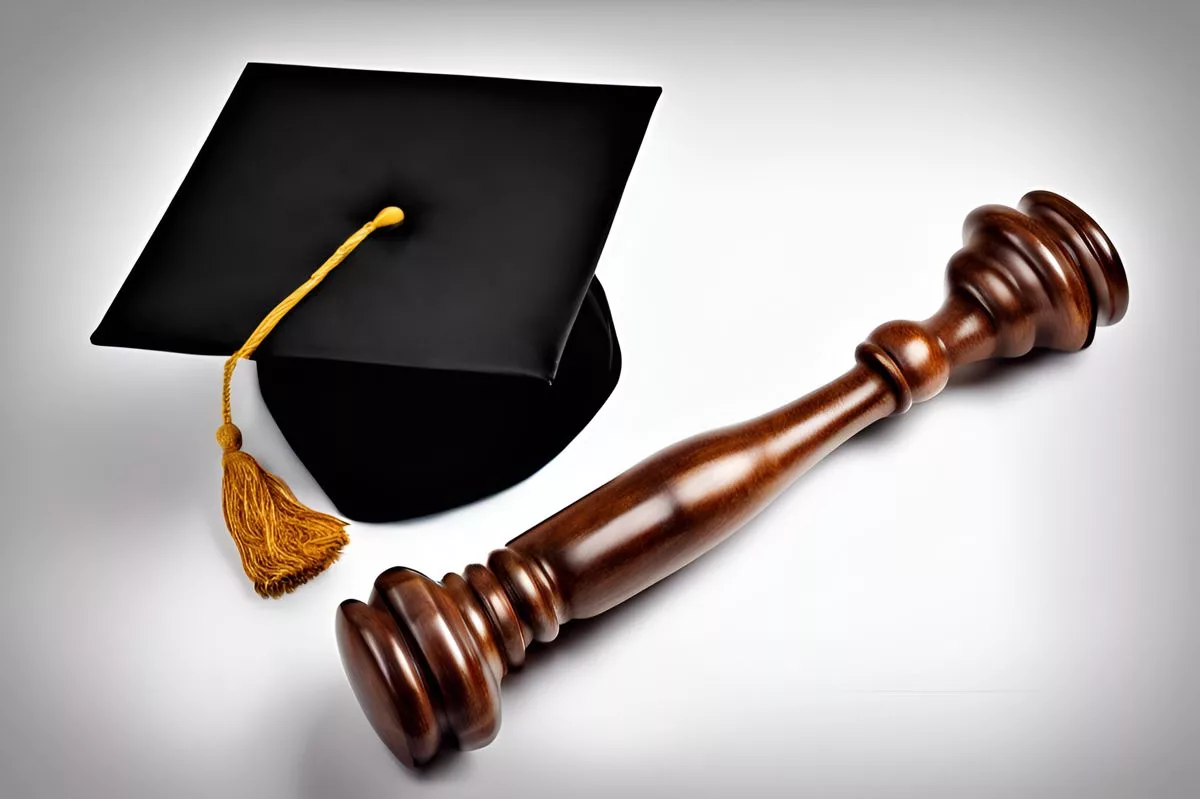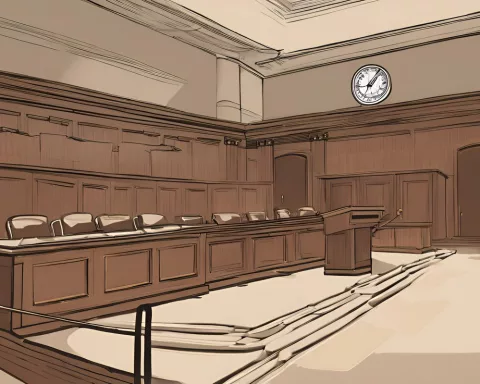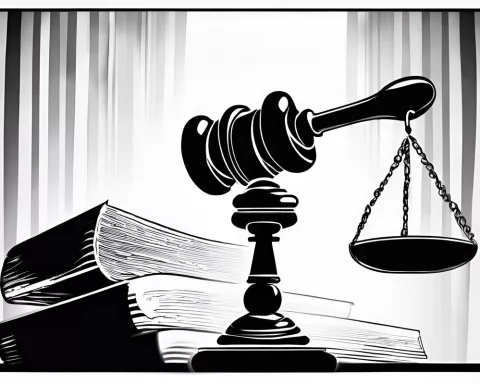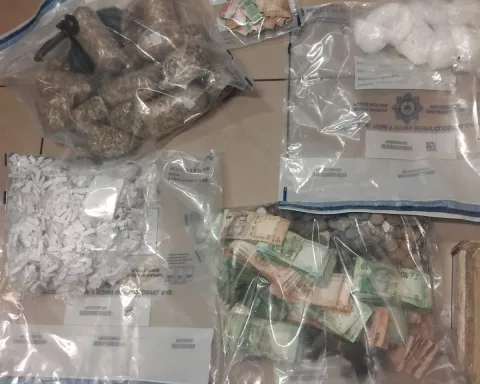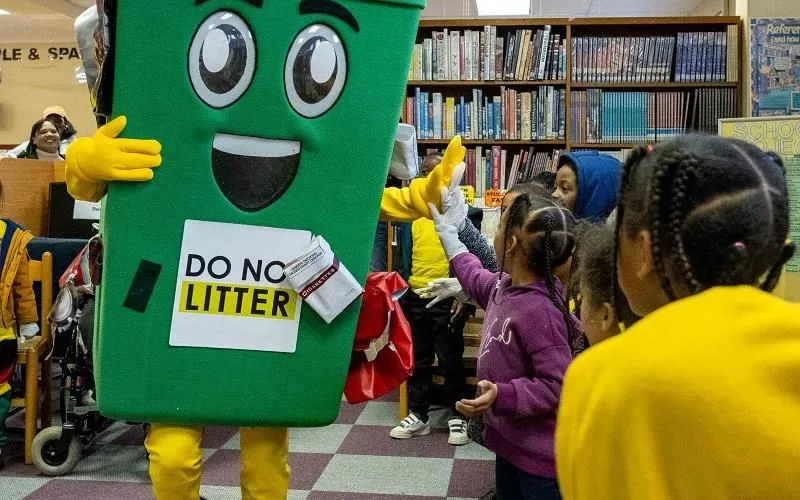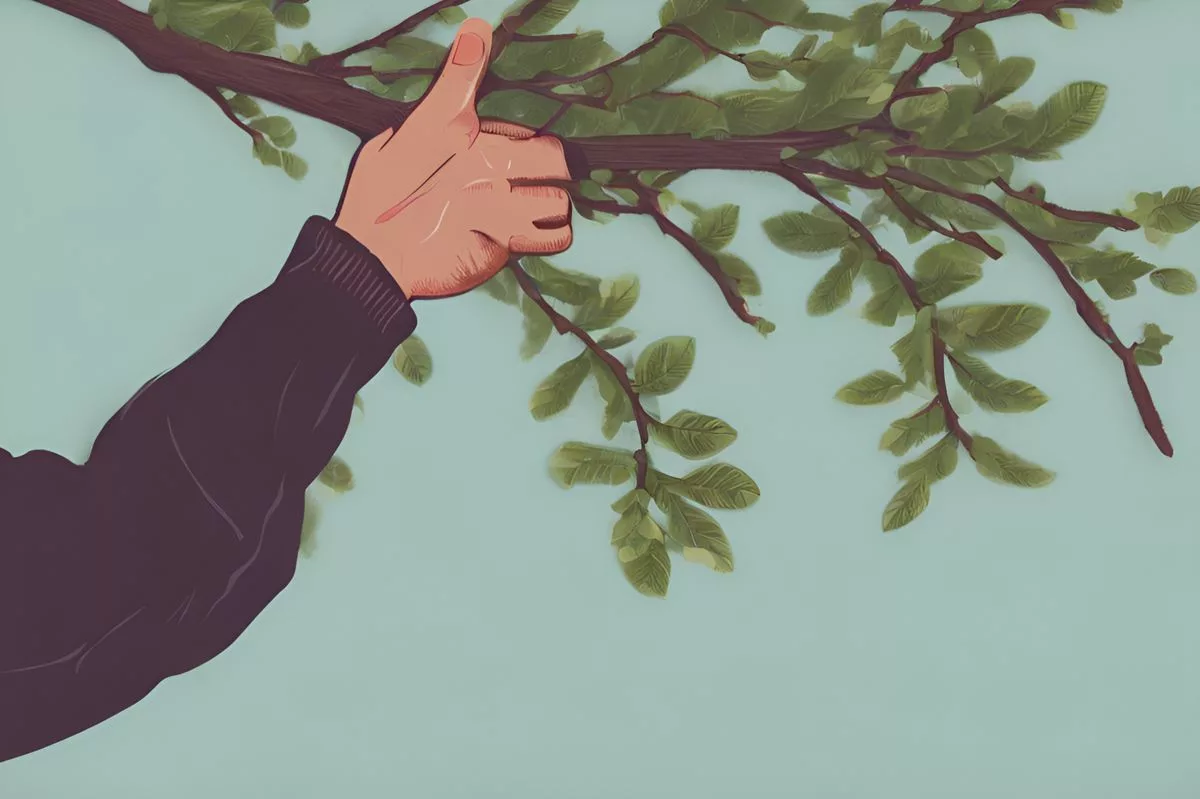Stellenbosch University, a prestigious institution in South Africa, is facing controversy surrounding the trial of former student Theuns du Toit, who was caught on film desecrating a black fellow student’s study materials and laptop. The university’s Central Disciplinary Committee found Du Toit guilty of racially biased behavior, but he has since escalated the issue to the Western Cape High Court. The upcoming trial will have widespread implications for the university’s commitment to inclusivity and respect.
What is the controversy surrounding Stellenbosch University?
Stellenbosch University is embroiled in a controversy surrounding the trial of former student, Theuns du Toit, who was captured on film desecrating the study materials and laptop of a black fellow student. The incident triggered an inquiry led by the university’s Central Disciplinary Committee (CDC), which found Du Toit guilty of demonstrating racially biased behavior. Du Toit has since escalated the issue to the Western Cape High Court, and the upcoming trial will determine not only his future but also have far-reaching consequences for the university’s dedication to fostering an inclusive and respectful academic atmosphere.
Stellenbosch University, an esteemed educational establishment located in South Africa’s Western Cape, finds itself at the heart of a disquieting scandal. The trial of former student, Theuns du Toit, set for June, has plunged the university into a vortex of racial disparities and demands for justice. This troubling situation subtly exposes the latent power struggles and racial biases that often reside unchallenged in the academic realm.
The Incident that Sparked the Controversy
Two years ago, Du Toit committed an action that would irrevocably tarnish his academic reputation and send shockwaves reverberating through the university community. He was captured on film desecrating the study materials and laptop of Babalo Ndwayana, a black fellow student. This flagrant display of disrespect was more than a personal insult to Ndwayana. It was a glaring illustration of the deeply entrenched racial hostility that continues to plague seemingly progressive societies.
This incident triggered a subsequent inquiry led by the university’s Central Disciplinary Committee (CDC). The Committee found Du Toit guilty of violating several of the university’s policies, including demonstrating racially biased behavior. In the eyes of the Committee, Du Toit’s actions were far from an ill-judged joke. They saw it as a premeditated affront to Ndwayana’s personhood, integrity, and sense of safety.
The Legal Battle Begins
However, Du Toit did not accept the CDC’s decision and expulsion lightly. He has escalated the issue to the Western Cape High Court, in an attempt to overthrow the university’s verdict. Du Toit’s legal team argues that the CDC’s findings are flawed. They further claim that the Committee’s actions have contributed significantly to Du Toit being tarred with the label of a racist, which they contend is unjust.
The pre-trial procedures are set to commence on 15 March 2024, and the trial proper is scheduled to begin on 21 June 2024. Rudi du Toit, the accused’s father, expressed their anticipation for the upcoming trial. He hopes that the court proceedings will shed light on the true nature of the incident.
The University Response
In the meantime, Stellenbosch University is bracing itself for the fallout from the scandal. Martin Viljoen, the University’s spokesperson, has reiterated the university’s dedication to maintaining the rule of law and has promised to cooperate fully with the court proceedings. His statement underscores the institution’s resolve to protect its name while also ensuring that justice is meted out.
A Secondary Scandal Emerges
Against this backdrop, the university finds itself embroiled in another unsettling development regarding ‘initiation-style’ activities at the Wilgenhof men’s residence. The discovery of two rooms allocated for these rituals has thrown the university into additional chaos. As a result, an investigative team has been formed to examine these allegations and recommend suitable action.
These instances paint a picture of Stellenbosch University grappling with issues that extend beyond its academic mandate. They portray a university struggling with the difficult task of confronting deep-rooted prejudice and rebuilding its damaged reputation. Nonetheless, they also underscore a university that is committed to rectifying its errors and ensuring justice triumphs.
The Impending Trial and Its Implications
As the trial date draws near, the university, its students, and indeed society as a whole, will be watching keenly. The verdict of this trial will not only determine Du Toit’s future but will also have far-reaching consequences for the university and its dedication to fostering an inclusive and respectful academic atmosphere.
Who is Theuns du Toit?
Theuns du Toit is a former student of Stellenbosch University who was caught on film desecrating a black fellow student’s study materials and laptop. He has been found guilty of racially biased behavior by the university’s Central Disciplinary Committee, and he has since escalated the issue to the Western Cape High Court.
What is Stellenbosch University’s response to the controversy?
Stellenbosch University is committed to maintaining the rule of law and has promised to cooperate fully with the court proceedings. The university is bracing itself for the fallout from the scandal and is dedicated to protecting its name while also ensuring that justice is meted out.
What is the secondary scandal at Stellenbosch University?
The university is also facing allegations regarding ‘initiation-style’ activities at the Wilgenhof men’s residence. The discovery of two rooms allocated for these rituals has thrown the university into additional chaos. An investigative team has been formed to examine these allegations and recommend suitable action.
When is the trial for Theuns du Toit scheduled?
The pre-trial procedures are set to commence on 15 March 2024, and the trial proper is scheduled to begin on 21 June 2024.
What are the implications of the trial for Stellenbosch University?
The trial will determine not only Theuns du Toit’s future but will also have far-reaching consequences for the university’s dedication to fostering an inclusive and respectful academic atmosphere. The verdict of the trial will be closely watched by the university, its students, and society as a whole.
What is the incident that sparked the controversy at Stellenbosch University?
Two years ago, Theuns du Toit was captured on film desecrating the study materials and laptop of Babalo Ndwayana, a black fellow student. This incident triggered an inquiry led by the university’s Central Disciplinary Committee (CDC), which found Du Toit guilty of violating several of the university’s policies, including demonstrating racially biased behavior.

